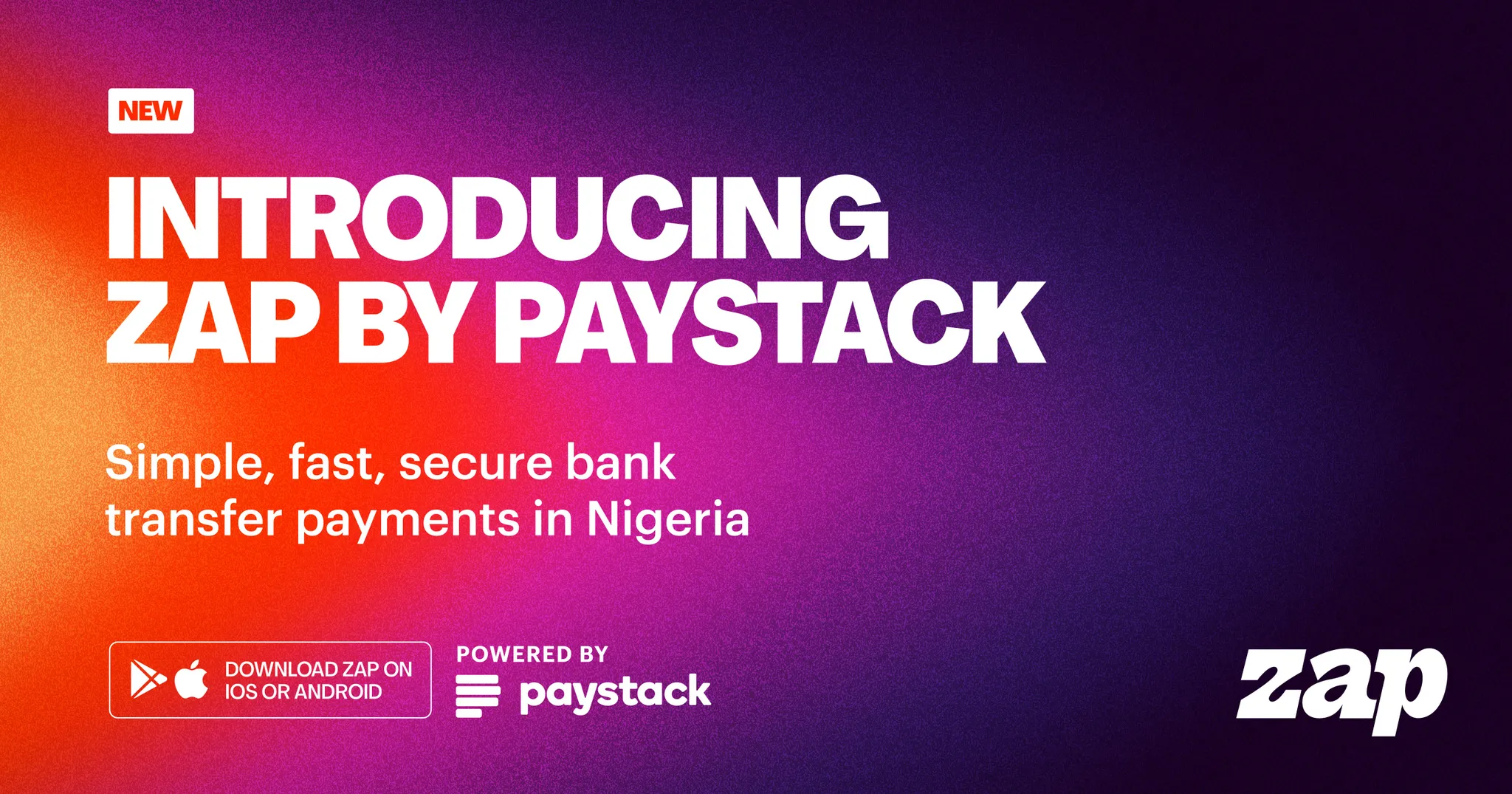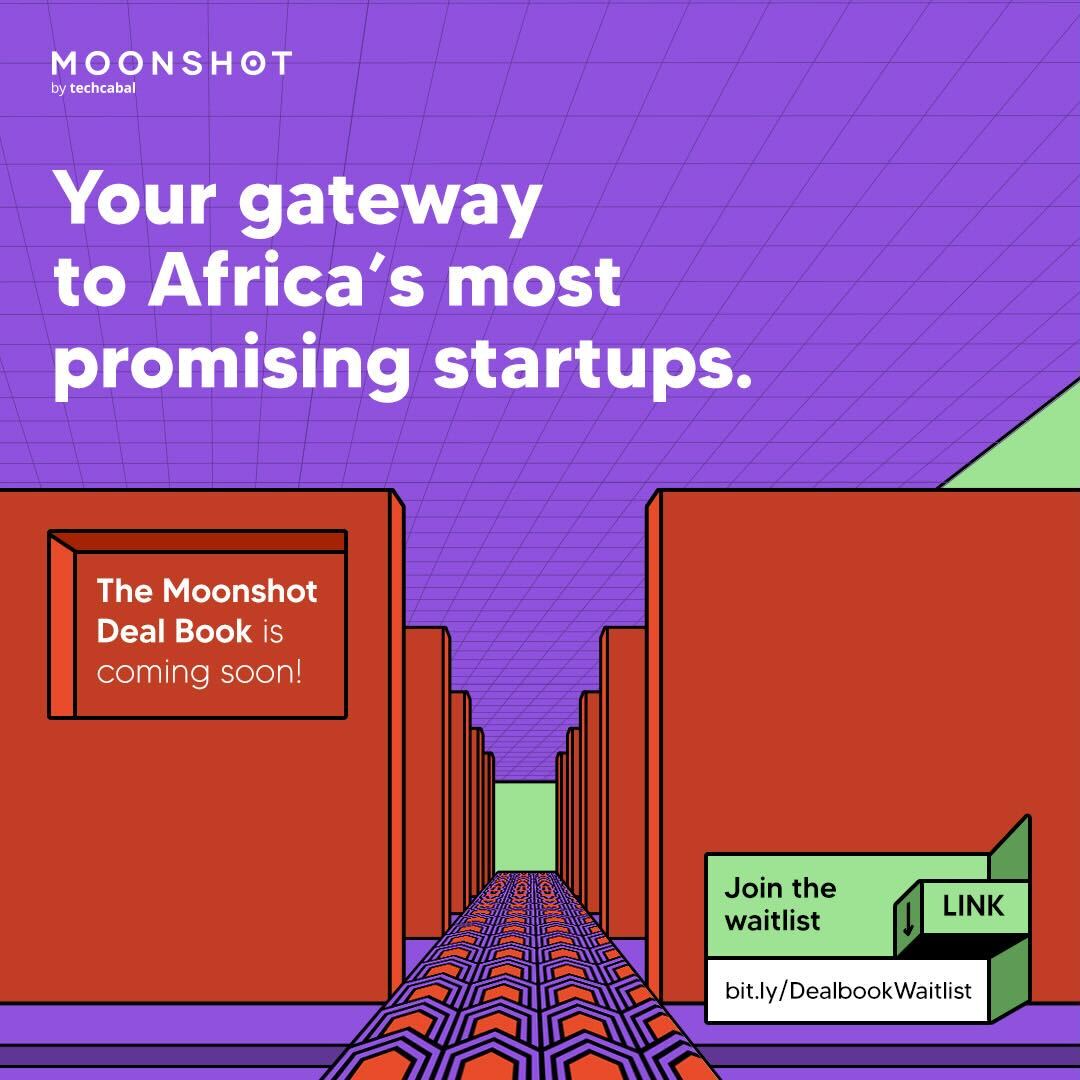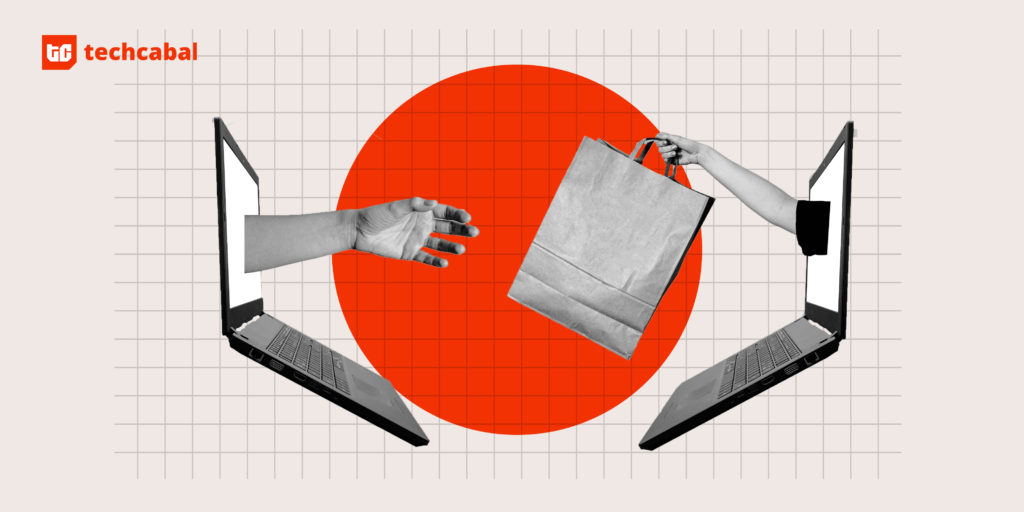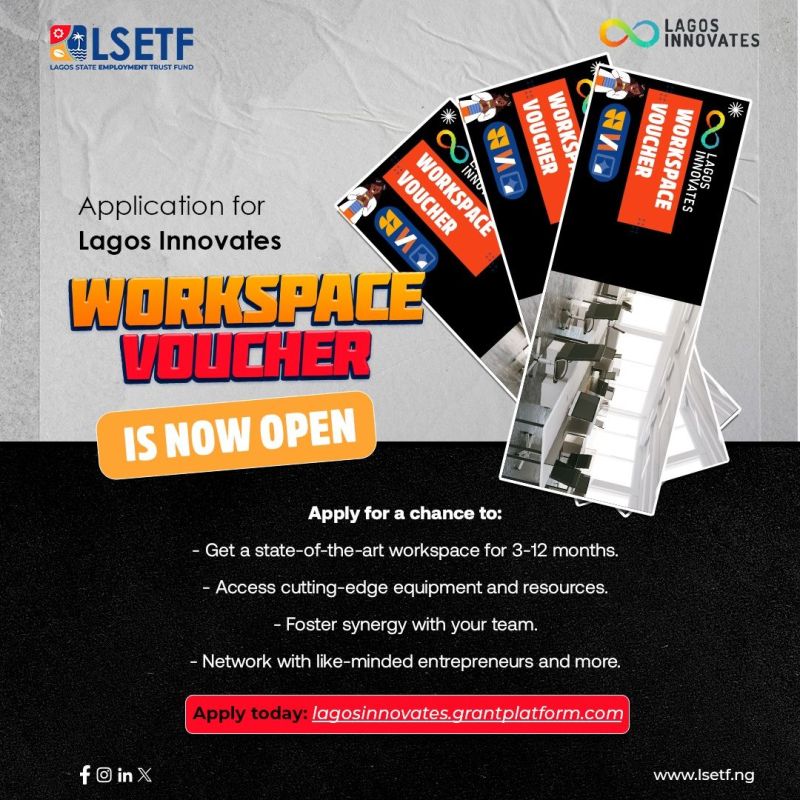

Happy pre-TGIF! ☀️️️️
Have you tried ChatGPT’s new AI Image feature?
On Tuesday, ChatGPT’s parent company announced the launch of GPT-4o native image generation, which allows users to upload and modify images. We tried generating a couple of anime-type (Studio Ghibli) images, and we were impressed with the results.
In other news, our subject for this week’s My Life in Tech column wants you to work like you own the company. Find out why here.

Ride-hailing
Tunisia to suspend Bolt for alleged tax evasion

Bolt is in hot water in Tunisia.
The ride-hailing giant is facing allegations of tax evasion, money laundering, and operating without proper licenses. Tunisia’s transport ministry says it has seized 12 million dinars ($3.8 million) from accounts linked to several platforms, including Bolt, claiming the funds were illegally transferred abroad.
But this isn’t just about alleged wrongdoing—it’s also about control.
Tunisia is getting ready to launch its own state-backed ride-hailing app to regulate fares and keep revenues local. The new platform will reportedly limit ride prices to 1.5x the traditional taxi fare, offer digital payments and real-time tracking, and work exclusively with officially registered taxis.
Bolt, for its part, says the accusations are “completely unfounded” and that the government’s actions are procedurally flawed. “All local authority actions have been taken without the involvement of an investigating judge,” the company told TechCabal, adding that it hasn’t been given a chance to defend itself.
The transport ministry claims its actions are part of a broader effort to “reform the transport sector” and protect the local market from foreign apps that transfer profits abroad. Bolt, however, warned that pushing out international players sets a dangerous precedent for market competition.
Meanwhile, other platforms like Yassir, Heetch, and local operator Amigo remain active in Tunisia. Uber and Careem never entered the market.
For now, Bolt says it’s still operating as usual. But with the state gunning for its own slice of the ride-hailing pie, the road ahead may be anything but smooth.
Freelancers & remote workers, we want to hear from you!

Fincra is exploring the challenges Nigerian freelancers and remote workers face with international payments. Share your experience and help contribute to building better payment solutions. Take the survey now!
Mobility
Russian auto-maker AvtoVAZ enters Nigeria

For a change of scene, you could soon be seeing less of the Toyota cars that dominate Nigerian roads. Russian giant auto-maker AvtoVAZ has expanded to Nigeria, flush with the bright plan to establish a local assembly plant—which many foreign players in the auto market fail to do. This could endear AvtoVAZ to the government as an assembly plant directly points to paying manufacturing incentives and company taxes; the government loves its taxes.
AvtoVAZ is coming in with three heuristics: first, it will prioritise assembling its small car brand, Lada, knowing that Nigerians typically buy second-hand cars due to their low-price points, compared to luxury local car-makers like Innoson and Nord Motors. The price for Lada cars being sold in Europe—such as the Lada Vesta 4×4 Sedan—start at CHF13,200 (₦23 million or $14,920). This is a mid-range price (and a little steep) for Nigerians despite the current price inflation tightening the auto market. But there is an opportunity for AvtoVAZ to enter the market with a lower price point for its popular sedan brand, but it is unclear if it will.
Second, it is following a trend. Its Lada vehicles will come fitted with compressed natural gas (CNG) engines. This could entice gig drivers who have been retro-fitting their cars with CNG engines as a response to the high fuel costs. AvtoVAZ also thinks that CNG vehicles are the future of the Nigerian auto market.
Third, it will establish a local assembly plant, which is the icing on the cake. Across Africa, several countries (like Egypt) have been creating policies to entice more foreign players to invest in the local auto manufacturing economy, rather than just dumping their cars in the market through distribution units.
AvtoVAZ will be the first-ever Russian auto brand to operate in Nigeria, and if its plans actually take off, it could carve out some market share by investing locally and adding some spice to the local manufacturing market. Plus, its logo already looks like Toyota’s with that familiar oval shape—so if nothing else, at least Nigerians won’t have to miss Toyota’s logo too much.
Introducing Paystack’s new consumer app — Zap!

Zap by Paystack is a mobile app for instant, secure payments via bank transfers. Download Zap on Android and iOS →
Telecoms
MTN and Airtel team up to cut costs, boost coverage

MTN Group and Airtel Africa have decided to put competition aside—at least when it comes to their towers—by signing a network-sharing agreement in Nigeria and Uganda. Faced with skyrocketing costs and a naira that just won’t cooperate, the two telecom giants are taking a “why build two when we can share one?” approach. The plan: pool resources, cut costs, and bring better mobile coverage to areas that need it most.
Nigeria, their biggest battlefield, has been a tough nut to crack lately. With the naira playing a game of “how low can you go?” network expansion has gotten ridiculously expensive. Yet, MTN still managed to snag 51% of the market with 87.5 million subscribers, while Airtel is holding steady at 57.6 million. Ralph Mupita, MTN’s CEO, says the partnership will help meet Africa’s growing digital appetite—because let’s be real, nobody likes a buffering screen.
Adding a little regulatory spice to the mix, the Nigerian Communications Commission (NCC) gave telecom operators a three-month deadline to boost infrastructure after approving price hikes. With only two months left on the clock, sharing resources is the fastest way to stay compliant (and avoid the regulator’s side-eye).
But this isn’t just a Nigeria-Uganda affair. MTN and Airtel are already flirting with the idea of similar deals in Rwanda, Zambia, and Congo-Brazzaville. As Airtel Africa CEO Sunil Taldar put it, sharing infrastructure makes sense—because who needs two sets of everything when one will do the trick? If this partnership takes off, it could set a trend across Africa, proving that sometimes, even fierce rivals can play nice.
Get notified when the Moonshot Deal Book goes live

The Moonshot Book Dealbook is lauching very soon. Packed with a handpicked selection of the most promising startups, this exclusive resource is designed to connect top investors with high-potential opportunities. If you’re interested in being among the first to access the TC Dealbook, sign up on our waitlist today!
E-commerce
Jumia and Jiji say Temu’s advertising show-off can’t touch them

We hate to be the all-knowing Jedi who cries ‘we told you so’ on every single correct prediction we make, but… we told you so! Yesterday, we argued in the newsletter that Temu’s marketing blitz and glamour have very little scare effect on local e-commerce players in Nigeria. Then we went to them to confirm, and their words, not ours: they are unfazed!
In all honesty, you might chalk that up to the usual bravado companies display when a new entrant makes waves in their industry—and you wouldn’t be wrong. I consciously counted how many times I saw a Temu ad while I was scrolling on social platforms after work. My count: five ads in 90 minutes.
Chances are, you’ve already seen at least one Temu ad today too—probably while trying to mind your business on Instagram or TikTok. The Chinese e-commerce giant has flooded Nigerian social media with flashy deals, free gift offers, and those irresistible “just pay shipping” baits.
Like many others, I swore I wouldn’t fall for it. Then one day, I caved. I spun the wheel, claimed a “free” gift, and bought a surprisingly sleek wristwatch at a ridiculous discount. And yes, it arrived.
Since entering Nigeria last year, Temu has gone all in on blitz advertising—spending heavily to turn casual scrollers into paying customers. With a marketing budget big enough to rattle the competition, the company is eyeing dominance in a space long ruled by local players like Jumia and Jiji. It’s also pushing for a global foothold across the 52 international markets it now operates in, as it tries to break free from Alibaba and JD’s chokehold on its home market in China.
Jumia, which operates in nine African countries, welcomes Temu’s arrival as healthy competition. Jiji, meanwhile, sees little overlap—it leans on a direct-from-manufacturer model focused on vehicles, real estate, and services, a segment Temu hasn’t touched.
The big question remains: will Temu stick around once the promo frenzy fades? Can Jumia and Jiji’s local edge keep them ahead?
As for cash, Temu is deep-pocketed—backed by Chinese billionaire Colin Huang, who owns its parent company, Pinduoduo (PDD) Holdings. But is its brute-force approach working? Temu still hasn’t shown workings.
CRYPTO TRACKER
The World Wide Web3
Source:

|
Coin Name |
Current Value |
Day |
Month |
|---|---|---|---|
| $87,419 |
+ 0.13% |
– 5.05% |
|
| $2,027 |
– 1.21% |
– 19.24% |
|
| $0.00007177 |
+ 5.56% |
– 12.29% |
|
| $139.02 |
– 2.10% |
– 1.02% |
* Data as of 06.30 AM WAT, March 27, 2025.
Opportunities
- Lagos Innovates (LSETF) is offering workspace vouchers to startups in Lagos to ease rising operational costs. Startups can access subsidised co-working spaces with reliable internet, power, and a supportive entrepreneurial community. The program is open to Lagos-based startups looking to reduce overheads and focus on growth. Apply now.
- After successes like Jamit, Pokecoin, and Tomachain, Lisk and CV Labs are back inviting African Web3 startups to apply for Batch 2 of the Lisk Blockchain Incubation Hub. The six-month program offers up to $20,000 in grants per project, mentorship, and access to additional funding of up to $100,000. Applications close on April 12, 2025, with the cohort starting on May 19, 2025. Apply here.
- PaidHR’s latest report, “The Price of Being a Working Woman,” examines the financial and social challenges faced by women in the workplace.The study highlights the ‘Period Tax,’ revealing that 80% of workplaces do not provide menstrual health support, leading to missed workdays and discomfort.Additionally, the ‘Beauty Tax’ indicates that women incur higher costs to meet professional appearance standards, averaging four maintenance activities compared to men’s two. The report calls for policies to address these gender-based challenges. Read the report.
- Nigerian crypto company Quidax has partnered with stablecoin giant Tether to scale blockchain education for 15,000 Nigerians. Participants will learn how to use digital currencies and get a grasp of the blockchain technology and its real-world applications. You can take the crypto course here.



Written by: Kenn Abuya, Emmanuel Nwosu, Frank Eleanya, and Faith Omoniyi
Edited by: Fu’ad Lawal
Want more of TechCabal?
Sign up for our insightful newsletters on the business and economy of tech in Africa.
- The Next Wave: futuristic analysis of the business of tech in Africa.
- TC Scoops: breaking news from TechCabal
P:S If you’re often missing TC Daily in your inbox, check your Promotions folder and move any edition of TC Daily from “Promotions” to your “Main” or “Primary” folder and TC Daily will always come to you.






















